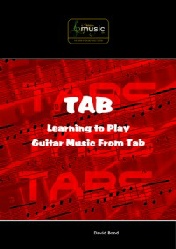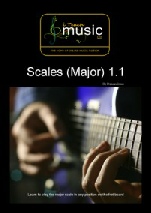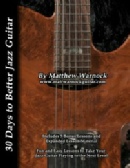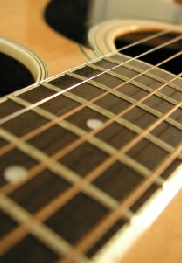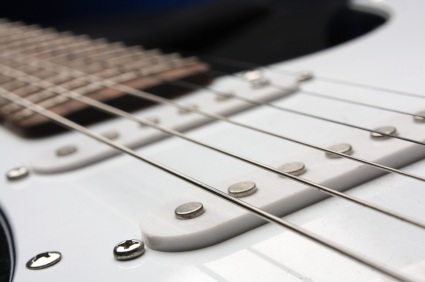



Learn from the best teachers around the world from the comfort of your own home
Featured Teachers
- Bill Hart
- Duncan Jones
- Emrys Baird
- Jim Covington
- Colin Cartmell
- Daniel Realpe
- Simon James
- Pauric Mather
- Niels Vejlyt
- David Bond
- Matt Warnock
- Andrea Basiola
- MDS
- Carlos Viegas
- Matt Pearce

Learn the following styles:
- Rock
- Blues
- Country
- Classical
- Jazz
- Jazz Fusion
- County Rock
- Pop
- Bluegrass
- Slide
- Heavy Metal
- Shred

E-books Available from our shop:
- Deryl Gabel
- David Bond
- Duncan Jones
- Matt Warnock
- Pauric Mather

Blog
We have an extensive range of blog articles from guest writers such as:
Tom Hess
Andrea Basiola
Colin Cartmell






| Terms of Use | Privacy Policy | Teachers Wanted | Downloads | Legal | Returns Policy | Prize Rules|



Internet Guitar Lessons
Professional Lessons
At Affordable Prices




Connect with us:




Musical Time Values – Online Training Courses

Check out our online one to one lessons
Like what you see - check out our teachers for a professional one to one lesson

An important aspect of music is the understanding of how notes can be played across an underlying beat.
Sticking with a simple 4 beats per bar or 4/4 time, if you look at the examples below you will see how you can go from playing one note and holding it for 4 beats all the way to play 32 notes over 4 beats.
The arrows indicate where the beat will lie.
Counting rhythms
There are a few different counting systems, I will outline the main one below.
- Whole Note - play the note on the first beat and count 1, 2, 3, 4
- Half Note - Play the note on beat 1 count 2 , play again on beat 3 and count 4
- Quarter note - play a note on all 4 beats, counting 1, 2 ,3, 4.
- Eighth note - play an note on the beat 1 and on the “upbeat” and repeat for each beat, counting 1, and 2, and 3, and, 4 and.
- Sixteenth Notes - same principle as the eighth notes but you are play 4 notes over as beat, the counting is 1 e and a, 2 e and a, 3 e and a, 4 e and a.
Learn to feel the sub divisions
Counting is great and a necessary skill to develop, however you need be able to feel the sub divisions and this will take practice. The benefits are that you will begin to be able the hear timings that occur in music without having to think about it. You will begin to be able to learn to play music quicker as you become more proficient with the timings.
Take the opportunity
It might sound a little weird, but I take the opportunity whenever I can to tap out a beat with my foot and tap my fingers in time to the timings above. Any way you can to try and internalise the rhythms has got to be a good thing.
Check out drummers
Drummers obviously live and breath rhymes , checkout some drumming websites or talk to drummers and share ideas. There are many great guitarist that started out as drummers, and guess what they all have amazing timing.
 Syncopation
Triplets
Syncopation
Triplets
With the aid of a metronome you can practice how to make the notes evenly spaced and in time. Start out with a low metronome setting of 60 BPM and work on getting the timing perfect. If you are a beginner in order to play the sixteenth & thirty second notes you are going to have to work on alternate picking first.
Checkout some of our free pages for help with this, but essentially its playing the notes using a strict up / down motion of the pick.
As you become more confident with the timings increase the speed on the metronome, this should give you a solid understanding and feel for playing in time to a metronome.
Check out the next free lesson that discusses triplet timings & syncopation.
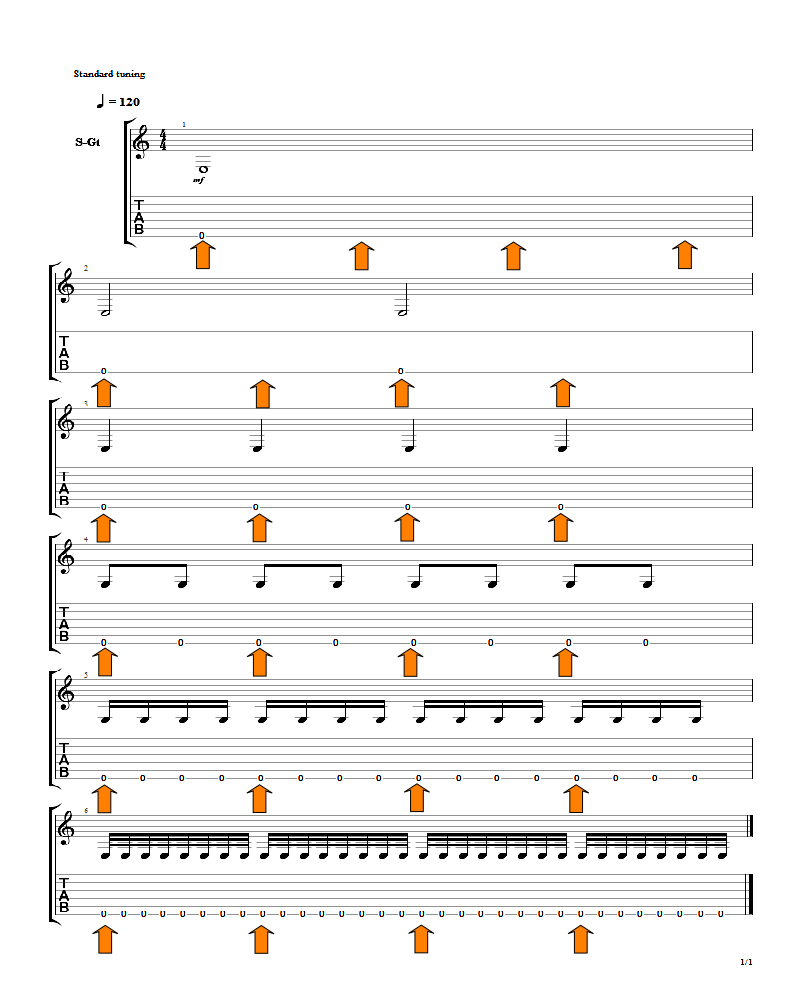
- Beat 1
- Beat 2
- Beat 3
- Beat 4
Whole Note / Semibreve
Half Note / Minim
Quarter Note / Crotchet
Eighth Note / Quaver
Sixteenth Note / Semi Quaver
Thirty Second Note / Demi Semi Quaver




